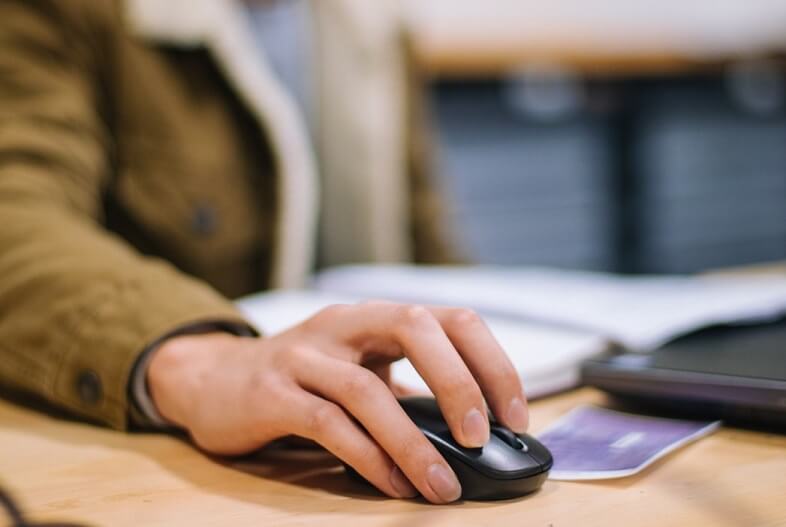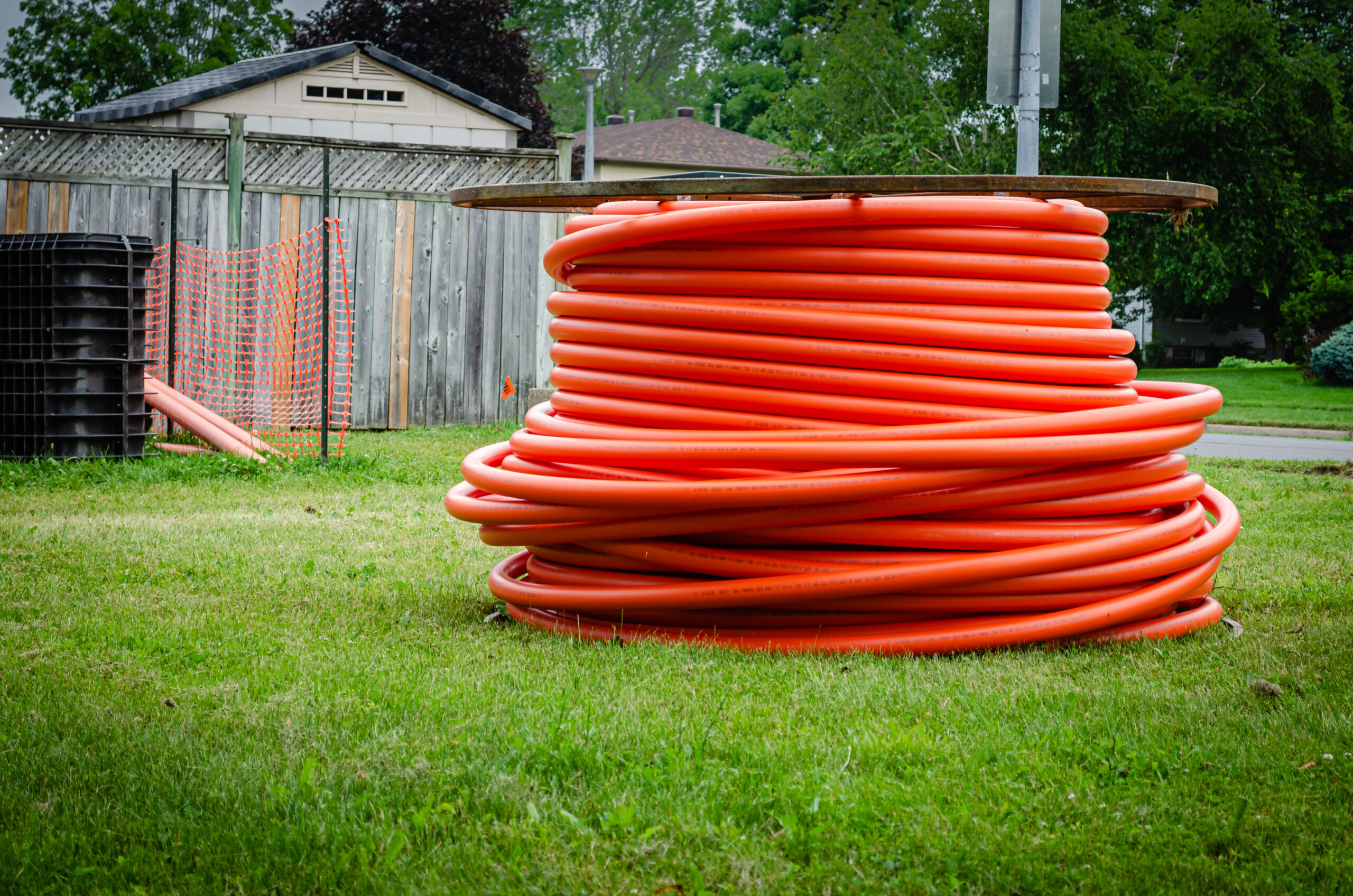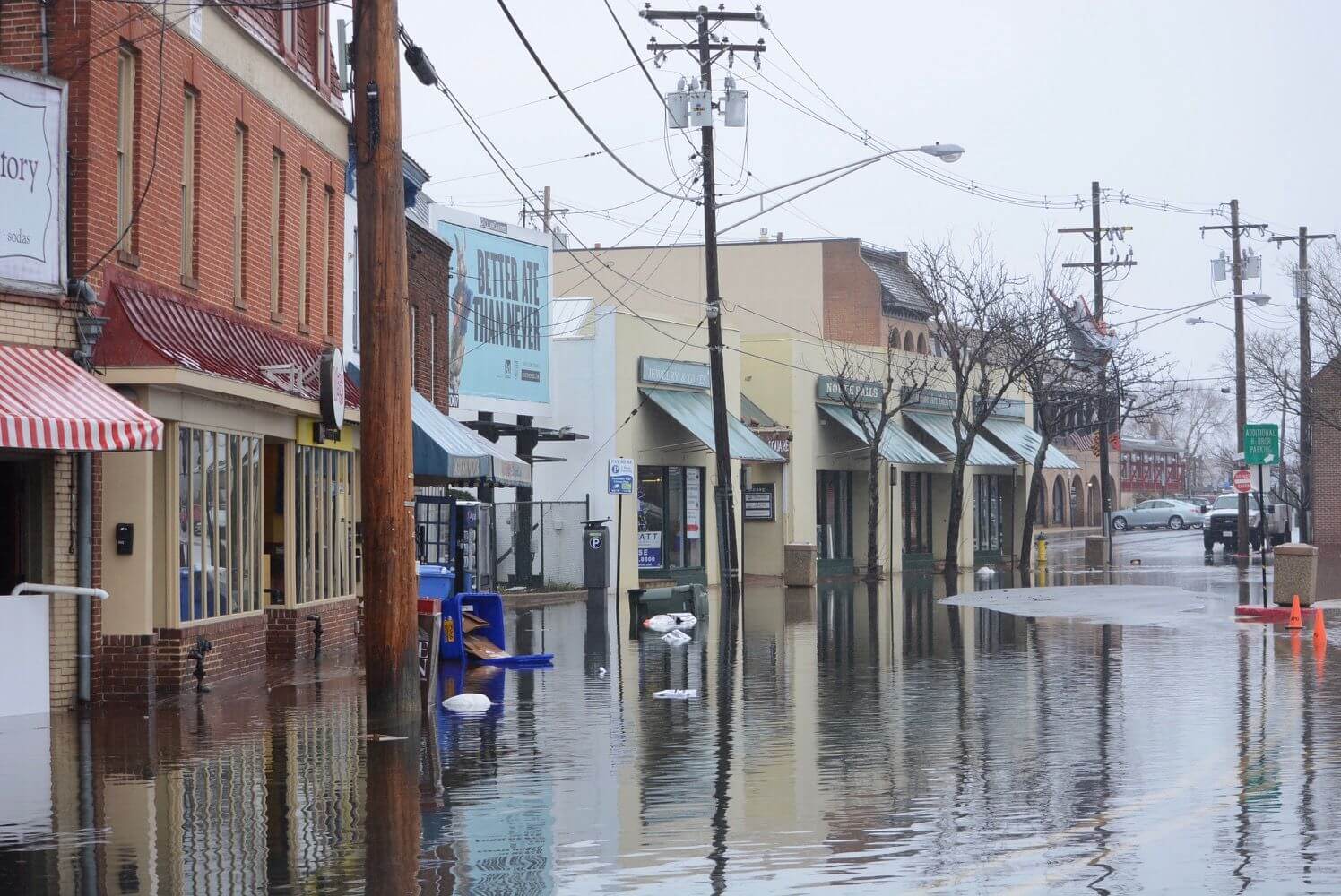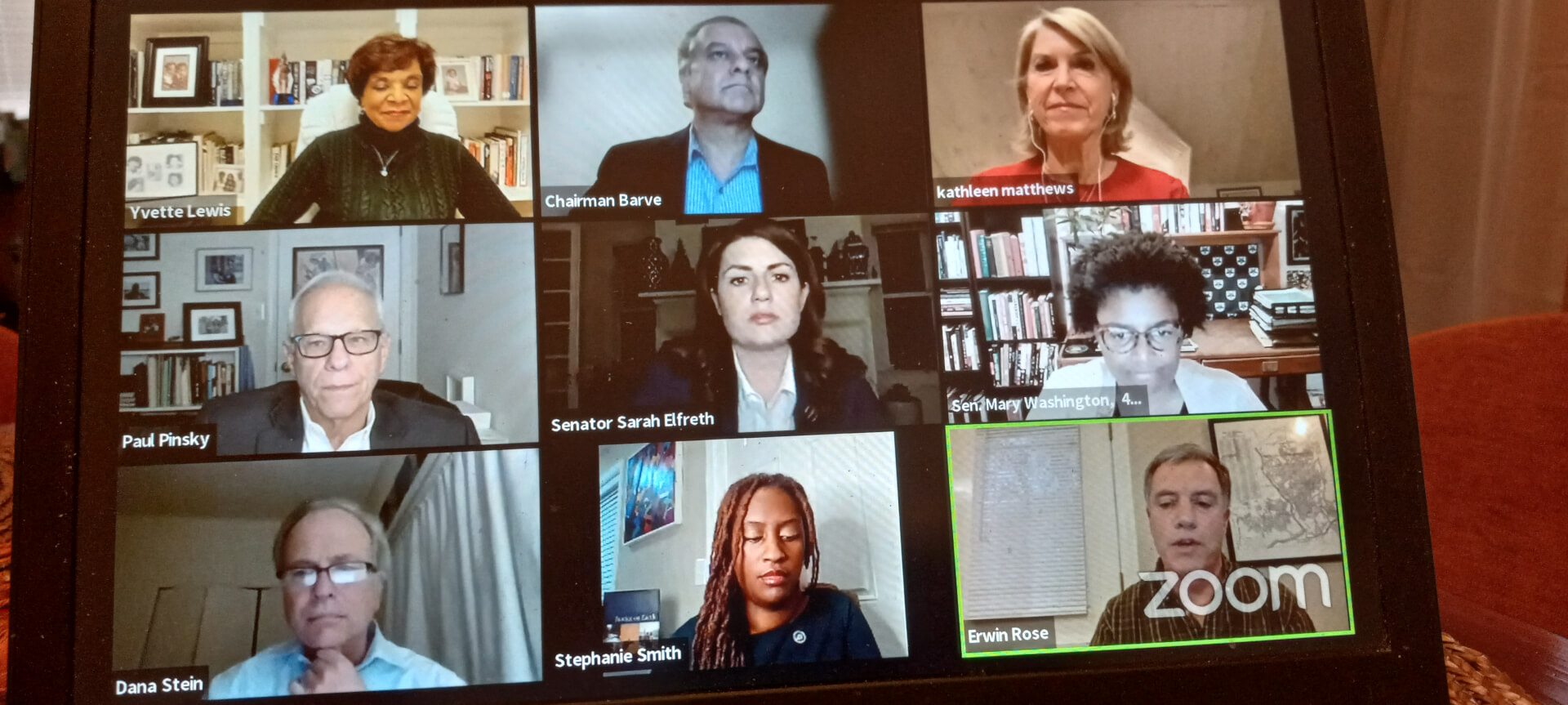Opinion: Bridging the Digital Divide for Students Is a Moral Imperative and Legal Obligation

When I taught English to middle schoolers last year, I saw the lives of almost 100 students change on March 12 as schools closed because of COVID-19 — a deadly virus that students couldn’t see but has kept them away from their friends and classmates for the rest of the school year and beyond.
Now, my students struggle to stay connected during virtual instruction. For one student, her audio fails because of spotty Wi-Fi, making it frustrating for her to engage in class and come off mute. For another student, his broadband connection is unreliable in supporting his Zoom classroom, much less the individual breakout rooms that are so critical for peer-to-peer collaboration and socioemotional development.
And that plight has been repeated time and again, from student to student, during this time where teachers have had to completely reimagine what learning could look like remotely.
COVID-19 has laid bare how our schools play a critical role in America’s frayed safety net by providing students meals and a safe place to go. Nowadays with the pandemic, everything is on the internet — learning, telemedicine, employment programs and mental health supports. All these are essential services which suddenly the most vulnerable members of our communities can no longer access, precisely when they need them most.
If COVID-19 has shown us anything, it is that in this day and age, access to the internet is a human right. Plain and simple.
And as a human right, we must fight to make it a reality for our community members who need it the most: our working-class neighbors, rural and immigrant communities, as well as Black, Indigenous and other communities of color. Without access, their lives and futures are at stake.
My students and countless others who struggle to stay connected are why closing the digital divide now and for all should be one of our greatest priorities. Maryland’s future depends on it.
Throughout the past few months, students in Baltimore have been organizing in our community to demand support from elected officials and accountability from our broadband service providers. Young adults like the ones in Students Organizing a Multicultural and Open Society have successfully pressured Comcast to raise its download and upload speeds. Now, the Digital Connectivity Act of 2021 sits in the Maryland General Assembly.

Kelsey Ko
If passed — as students, parents, teachers and activists have been advocating — it would establish the Office of Digital Inclusion and devote capacity and funding toward broadband access across Maryland. More than just a Band-Aid solution, this would also lead to the collection of critical data around the root causes of digital inequity, as well as the preparation of a statewide plan to ensure that Marylanders have access to affordable and reliable internet by 2029.
But our children can’t afford any more wasted time in getting connected to the digital age.
According to a report from the Abell Foundation, 40% of Marylanders without home broadband subscriptions are African-American and two-thirds of disconnected Marylanders live in metropolitan counties or Baltimore City. In Baltimore, we can’t ignore that digital equity is a matter of racial equity.
Our black neighborhoods, schools and communities have been historically redlined, disinvested from and overpoliced. In a pandemic that has disproportionately impacted our Black and Brown communities, these very same students are the ones who are locked out of their virtual classrooms or struggle to stay logged on.
Is our state going to allow our education system to become segregated? Are we going to fail to provide one in four of Maryland’s children the quality education that is their constitutional right?
Having access to reliable and affordable internet can improve the quality of life for so many of our most marginalized communities. The Digital Connectivity Act stands to be the legislative measure to make this future a reality for our students and families.
Bridging the digital divide is more than a moral imperative and the responsibility of our elected officials — it’s a legal obligation.
–KELSEY KO
The writer is a secondary English teacher in Baltimore with a passion for justice and equity. While a student at John Hopkins University, she interned in Baltimore City Councilmember Zeke Cohen’s District 1 office.





 Creative Commons Attribution
Creative Commons Attribution